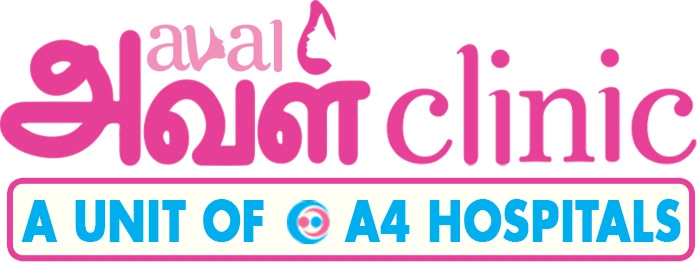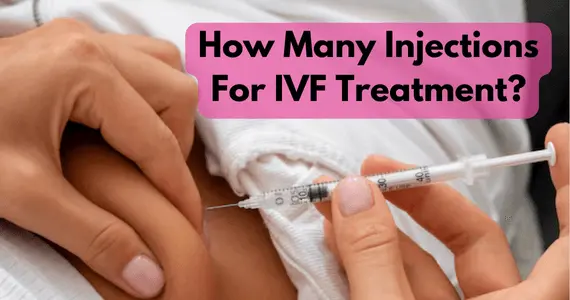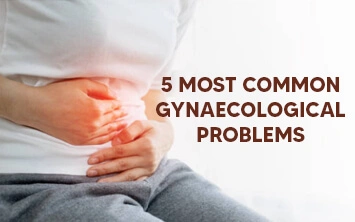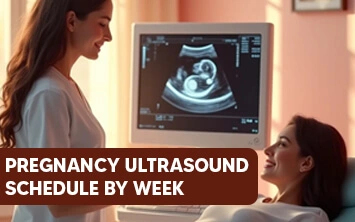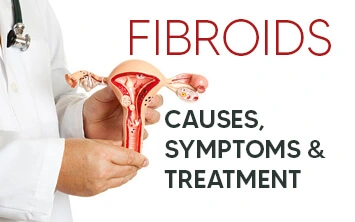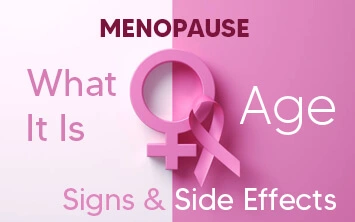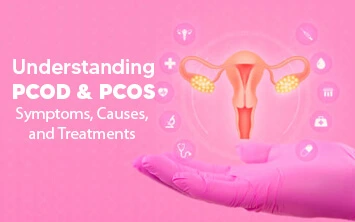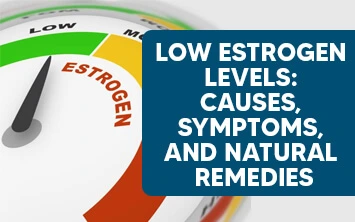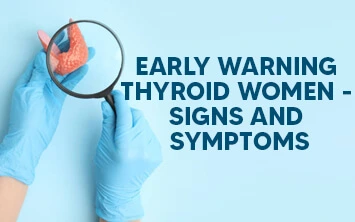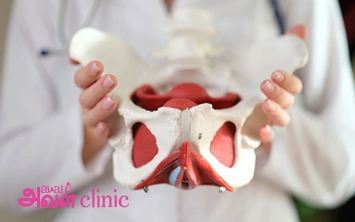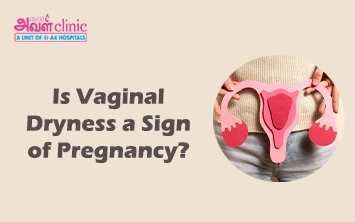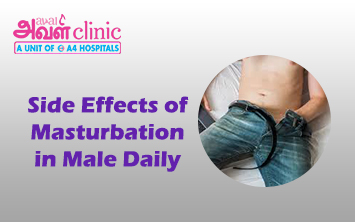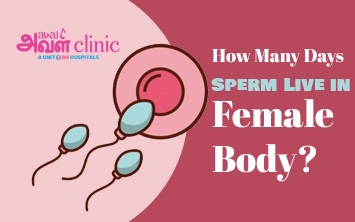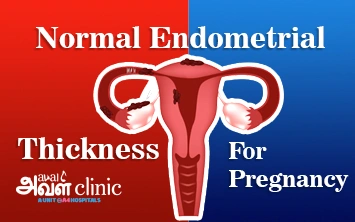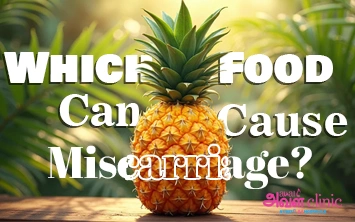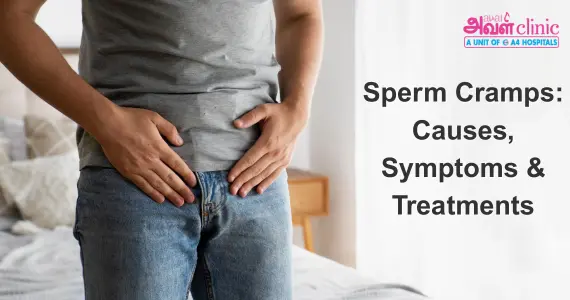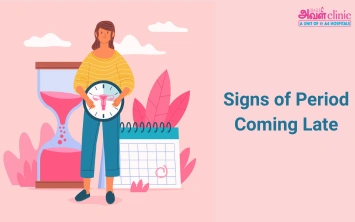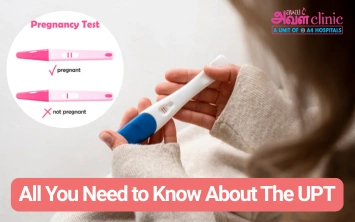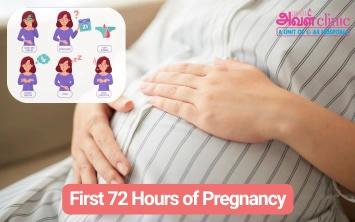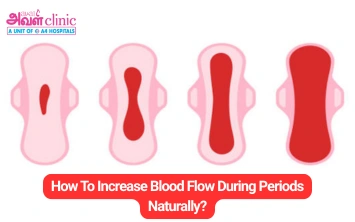Published on: March 27, 2025
Author: Admin
IVF is the fertility treatment performed to help couples who are struggling to get pregnant. The procedure is done by fertilizing the egg and sperm in the laboratory. The fertilized egg is then carefully placed in the uterus for implantation. IVF treatment is one of the most effective methods of assisted reproductive technology (ART).
The treatment is a complex and multi-step process, which typically takes 4 to 6 weeks. The process involves stimulating egg production, retrieving eggs, fertilizing the retrieved egg and sperm in a lab, culturing the embryos, and transferring them into the uterus.
Even though the process is understood by many people, other significant details such as how many injections for IVF treatment, why they are given, types of injections etc. are unspoken.
Through this blog, let’s explore the complete information on IVF injections.
Importance of IVF Injections and Medications During IVF Treatment
During the IVF treatment, your healthcare provider may prescribe you to have hormone injections for around 8 to 14 days. These injections help obtain a higher quality and quantity of eggs. These drugs also help your fertility specialist to control your reproductive organs right from the beginning of the IVF process. Using ultrasound scans and blood tests, your specialist will closely monitor your estradiol levels, the production of eggs, and their maturation. Based on this, your fertility specialist will customize the dosage of medications and injections for better outcomes.
Fertility Injections
The hormone injections are given to patients during IVF treatment for several reasons. They are:
- HMG (Human Menopausal Gonadotropin)
The HMG injection contains follicle-stimulating hormones (FSH) and luteinizing hormones (LH). The injection is given to trigger the ovaries for developing multiple eggs. Your healthcare provider may suggest you take HMG injections every day for about 7-12 days. Particularly at the beginning of your menstrual cycle. - FSH (Follicle follicle-stimulating hormone)
The FSH hormone injections are more or less similar to HMG injections. This injection is given to stimulate the egg production in the ovaries. They are also suggested to be taken in the same way as HMG injections. - hCG (Human Chorionic Gonadotropin)
The hCG hormone injections are given to trigger the ovulation from the follicles, at a specific time. The timing of the ovulation plays a crucial role in IVF treatment to retrieve the eggs. The process is administered through ultrasounds and blood tests. - GnRH Agonists
In IVF treatment, the GnRH agonists hormone injections are generally given to patients around day 2 or 3 of their menstrual cycle. These injections are helpful to prevent premature ovulation until the hCG hormone injection is prescribed. By preventing premature ovulation, the follicles have the higher possibility of developing matured eggs. - GnRH Antagonists
Like GnRH agonists, GnRH antagonists are hormone injections that are prescribed to prevent the secretion of follicle-stimulating hormones (FSH) and luteinizing hormones (LH). However, GnRH antagonists are generally quickly absorbed, quickly reversible, and need only fewer injections. Furthermore, they are given to produce multiple eggs.
Fertility Medications
Along with injections, medications are also prescribed during IVF treatment for various reasons. They are:
- Fertility Medication
During IVF treatment, fertility medications are prescribed to stimulate the production of multiple follicles in the ovaries. These medications are comprised of follicle-stimulating hormone (FSH) and luteinizing hormone (LH). Your healthcare provider may prescribe the dosage of such medications depending on your ovarian response. - Prevent Premature Ovulation
When it comes to IVF treatment, the medication to prevent premature ovulation is crucial with some patients. By preventing premature ovulation, the follicles have the higher possibility of developing matured eggs. This increases the chances of achieving better fertility outcomes. The medications to prevent premature ovulation involve GnRH antagonists and agonists. - Induce Ovulation
The medication to induce ovulation is prescribed to women who experience ovulation issues. These medications can help to trigger the ovulation from the follicles, at a specific time. Timing is significant when it comes to IVF treatment. - Implantation Support
After the ovulation process, medications are prescribed to prepare the uterine lining or endometrium for embryo transfer. The uterine lining is generally prepared by the progesterone hormones, which support the implantation of the fertilized egg. In IVF treatment, the need to prepare the endometrium for implantation is supported by injections or pills.
Need expert advice? Consult our doctors now!
Call Now: 80047 80048How Many Injections For IVF Treatment?
"However, in general, your specialist may prescribe you to take 1-2 injections daily. The number of days to take such hormone injections may widely range from 8-14. In particular, the number of injections may be slightly higher during ovarian stimulation. On average, the overall injections for IVF treatment may involve around 14-16. Yet, the number may vary. "
The number of ivf injection process and the dosage of medications may widely vary depending on the patient’s medical history, complications, hormone levels, ovarian reserve, age, body weight, and the response to previous IVF treatment, if any.
Generally, the number of injections during IVF treatment depends on your IVF plan, which is customized by the fertility specialist. The numbers may vary from person to person and the hospital chosen. The fertility specialist may personalize the dosage of injections and medications by keeping a close watch on the development of follicles in the ovaries. The observation may take place through ultrasounds and other tests.
Types of IVF Injections
IVF injections are typically thin and smaller in size. This causes less pain when compared to other injections. Two types of injections are widely used in IVF treatment. They are:
Subcutaneous Injections
Subcutaneous injections are generally injected under the skin as they have small needles. Common fertility injections such as Gonal-F, Lupron, Menopur, and Follistim are given this way. These injections are injected into your belly or thigh. These injections are injected in the same way similar to diabetes insulin pens. Since it has small needles, the sensation of the injection will be like a mild pinch or tingling feeling.
Intramuscular Injections
These injections with fertility hormone drugs are injected directly into the muscle. These injections have a little longer needle when compared to subcutaneous injections. They are generally given after the egg retrieval procedure in IVF treatment. The intramuscular injections may contain progesterone in oil and the hCG trigger shot. The sensation of the injection will be like a mild pinch.
What to Expect from IVF Injections?
Even though IVF injections schedule and medications are given to help your ovaries produce more qualified eggs, there are certain changes that you can notice in your body. They are:
Changes in Body and Appetite
IVF medications can sometimes make you feel hungrier and gain weight quickly. The changes can return to normal after the egg retrieval procedure.
Emotional Changes
IVF medications can be overwhelming to some women causing them to feel more emotional at times. Trying to divert in other activities and getting emotional support from your loved ones can help you overcome the changes.
Digestive Issues
The hormonal injections can cause constipation issues. This happens because of the progesterone injections. Consuming fibre-rich foods and drinking lots of water can help you to ease the issue.
Stress and Anxiety
The hormonal shift happening because of the IVF injections and medications can certainly cause stress and anxiety. Practising yoga and meditation can help you overcome the issue.
Side Effects of IVF Injections
When it comes to medications, it will certainly cause potential side effects. However, side effects are worrisome, instead of dangerous. Some of the most common side effects of IVF injections you need to know are:
- Soreness or bruising from injections
- Nausea
- Fatigue
- Breast tenderness
- Bloating
- Hot flashes
- Mood swings
- Emotional stress
- Allergic reactions causing redness in injected sites
- Ovarian hyperstimulation
- Mild abdominal and pelvic pain
- Pelvic infection
- Multiple births
Note: The side effects can vary depending on your medical history, complications, hormone levels, age, and body weight.
